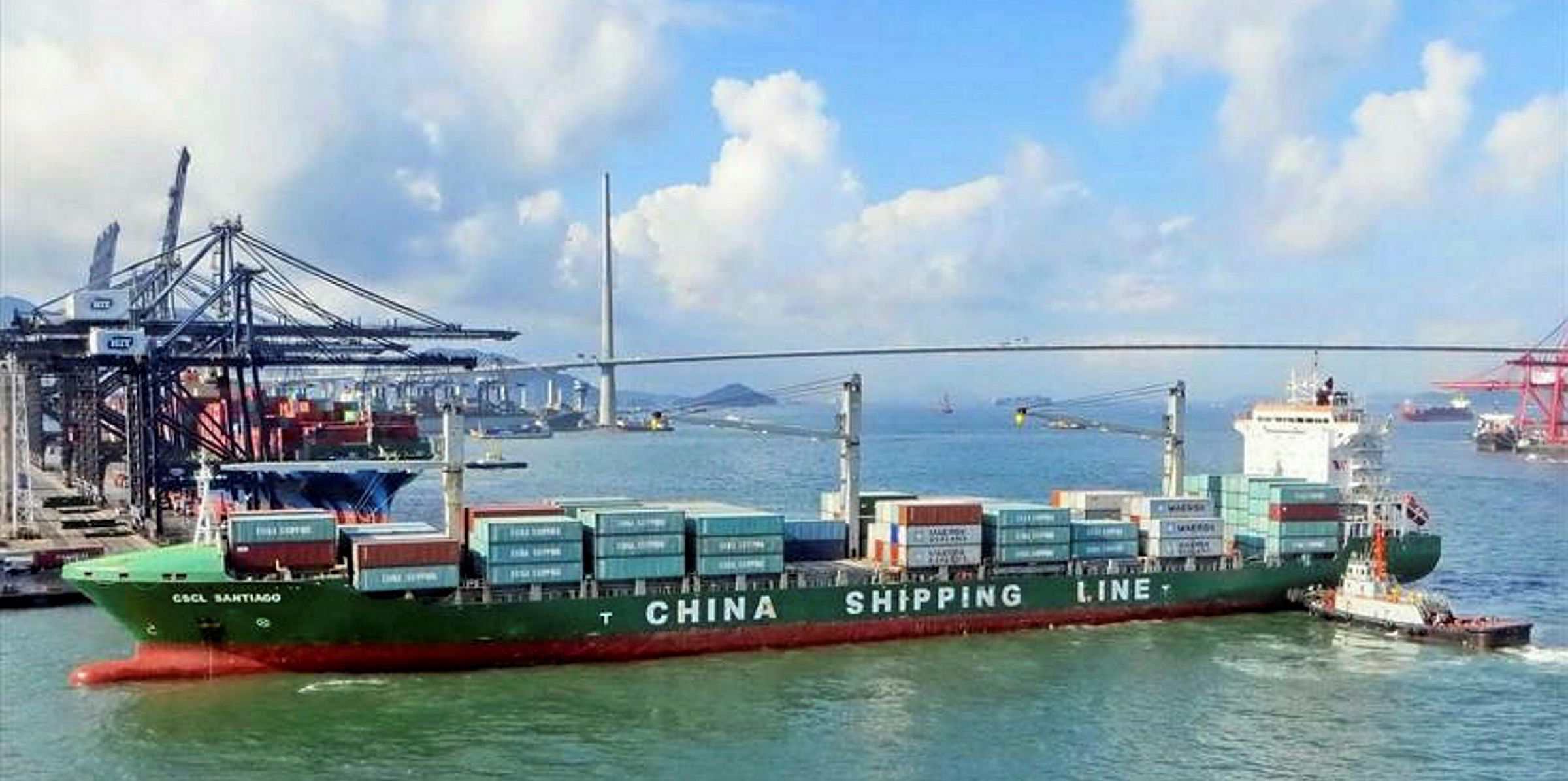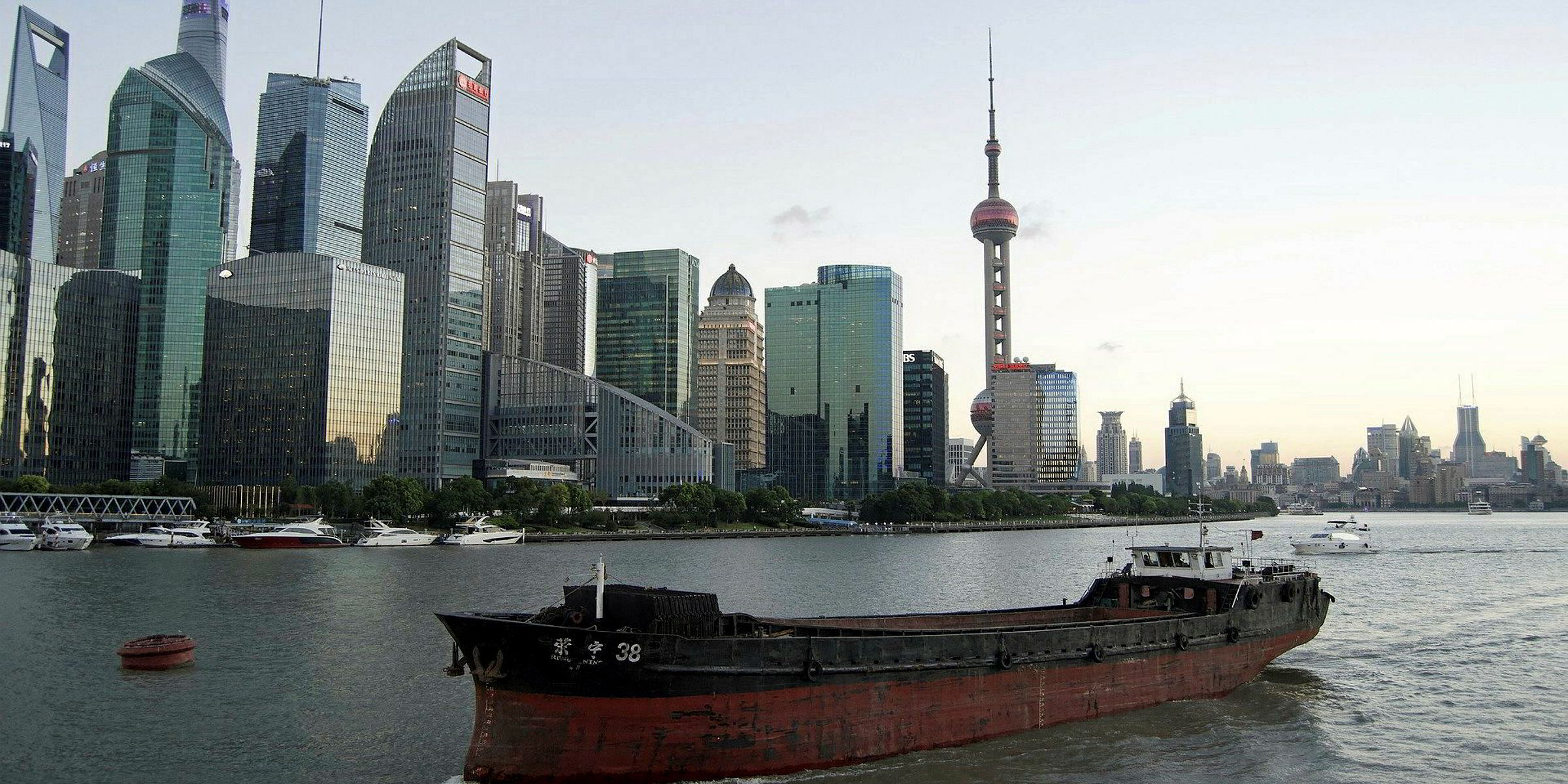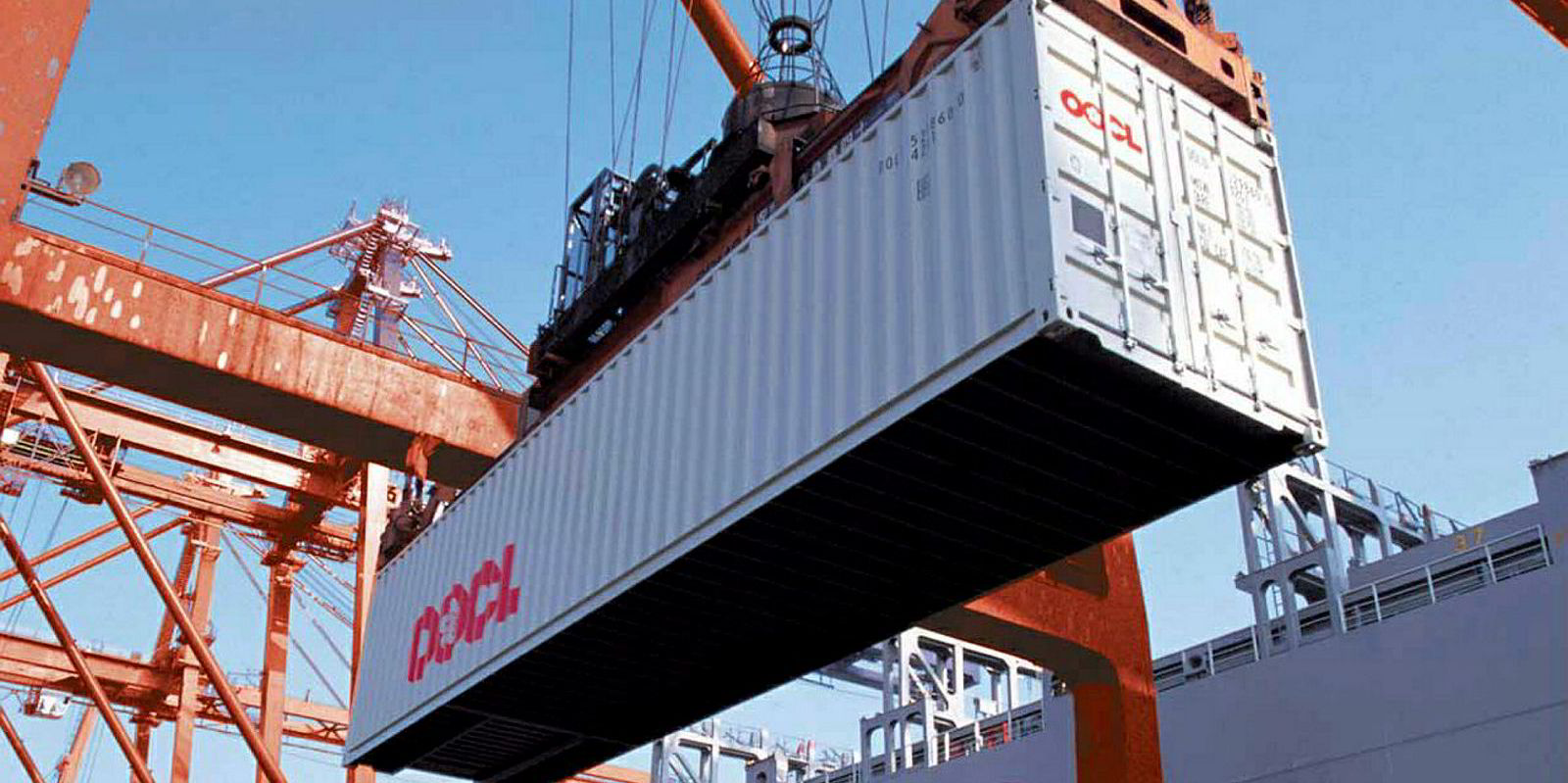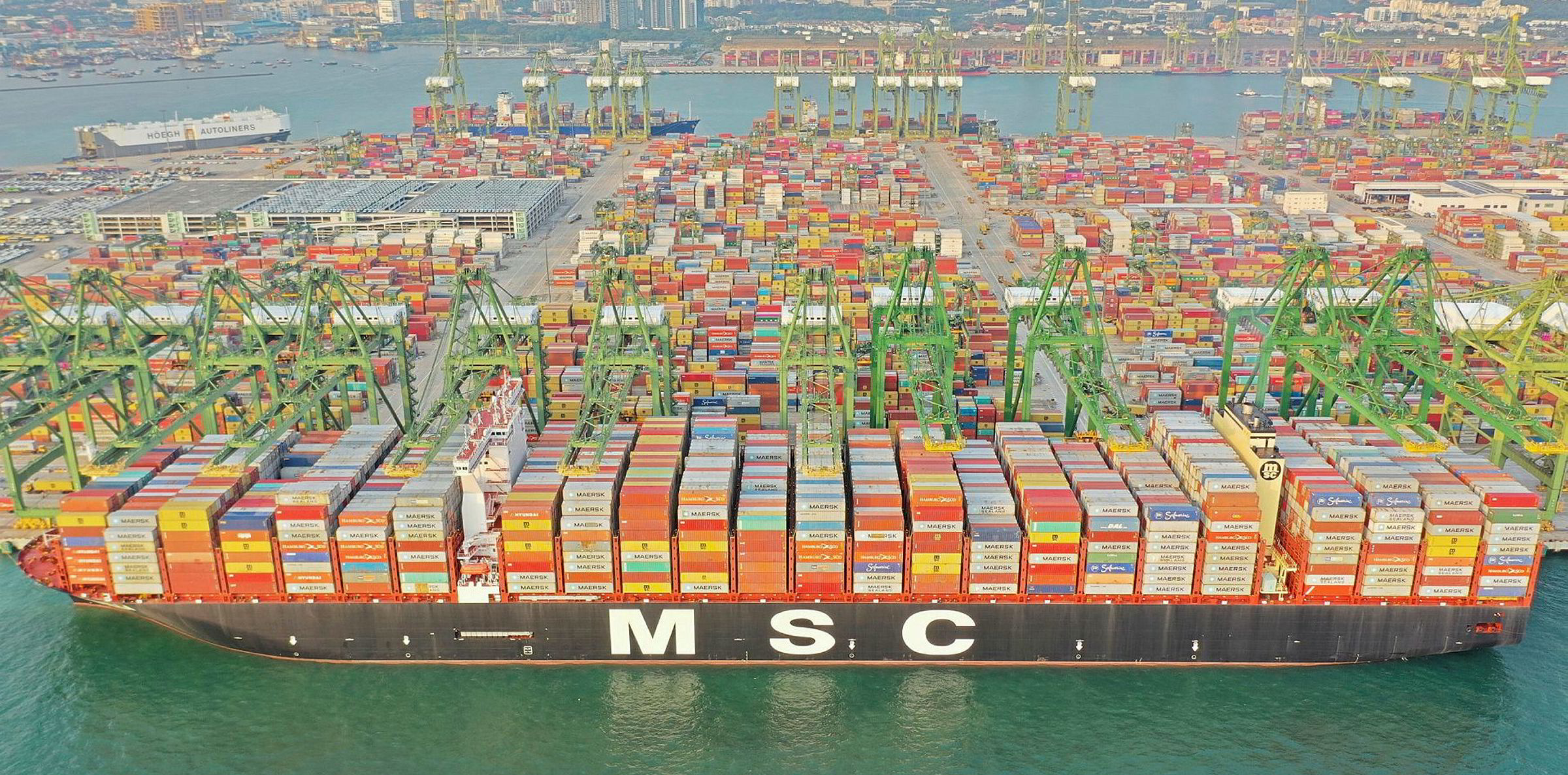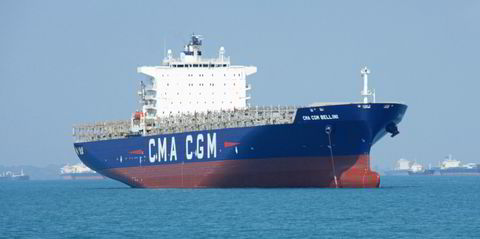China has tightened health checks on seafarers in international trade after four crew aboard a Cosco Shipping Lines-operated boxship tested positive for Covid-19.
All vessels that have changed crew in a foreign country 14 days before arriving in China need to prove that the new joiners are not infected with the coronavirus, China's Ministry of Transport announced.
The seafarers are required to test negative at health institutes approved by China’s foreign embassies before boarding their ships.
“The policy is designed to ensure that seafarers stay healthy in international trade and to stop Covid-19 from spreading across the borders," the ministry said on its website.
Vessels in violation of the rules could face delays and fines while seafarers face criminal liabilities under Chinese public health laws, the ministry warned.
Congestion risk
The policy could prolong vessel queuing times in the world’s largest seaborne trade nation, which has faced severe port congestion in recent months.
Before the new rules took effect on Thursday, local governments had discretion on how to examine new crew members’ health.
China’s transport ministry made the announcement after four Filipino seafarers on board the 2,500-teu CSCL Santiago (built 2008) were confirmed to have Covid-19.
The Hong Kong-flagged vessel, which serves in an intra-Asia service, had arrived in Dalian on Sunday before Chinese authorities carried out tests on its crew members.
Results showed four seafarers were infected with coronavirus, including two 29-year-olds that were asymptomatic, the Heath Commission of Liaoning Province said.
The patients are under treatment in China.
The CSCL Santiago is owned by Hong Kong-based tonnage provider Seaspan and is on a 12-year charter to Cosco Lines that began in November 2008.
The operator is one of the two container shipping arms of Cosco Shipping Holdings, the listed container port and shipping unit of state conglomerate China Cosco Shipping.
Via various subsidiaries and offshoots, the parent group controls the world’s third-largest fleet of containerships with a carrying capacity of 3.1m teu, according to its website.
